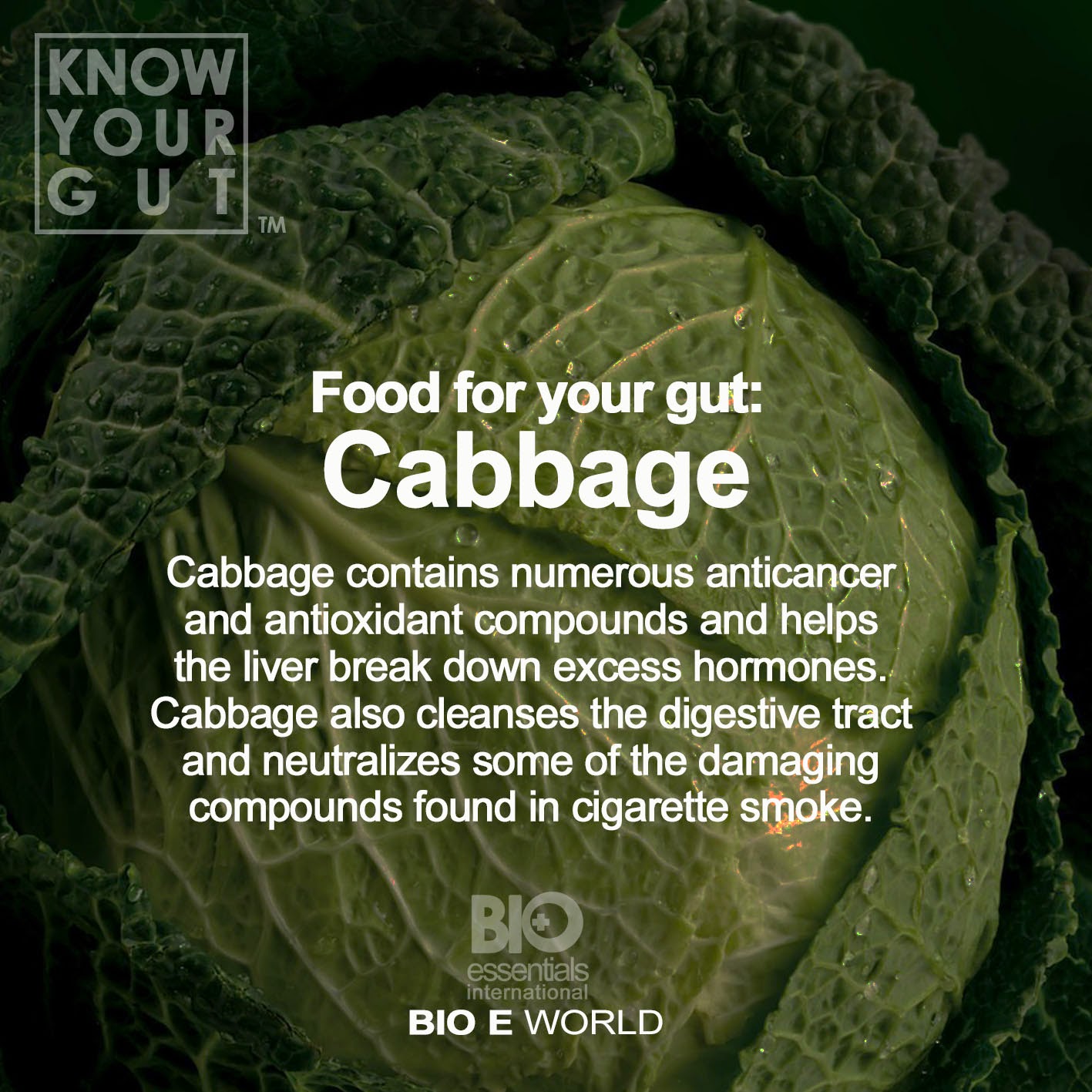Reducing Colic in Babies
Babies are born to cry. The average infant cries about two hours each day -- enough to announce every wet diaper and hunger pain. And no matter how careful, loving, and attentive parents may be, a baby just might decide to make crying her number-one pastime.
If your baby cries more than three hours a day at least three days each week, she's not just fussy -- she's colicky. Colic is the term for excessive, unexplained crying. The majority of babies with colic do most of their wailing in the evening. The high-pitched, piercing scream seems perfectly designed to get a parent's attention. Colicky babies emphasize their discomfort by pulling their legs up to their stomach and clenching their fists. They look like little balls of agony.
The crying may be heartbreaking, but it's rarely anything to worry about. Colic usually disappears within a few months. So hang on: Peace, quiet, and a good night's sleep aren't that far away.
What causes colic?
You feed her when she's hungry, change her when she's wet, and hold her as often as you can. So why does she keep crying? The short answer: Nobody knows. Scientists have conducted many colic studies over the years, but they've never been able to uncover a culprit. It's possible your baby may have an undiagnosed case of gastroesophageal reflux, but usually colicky babies don't have any more digestive problems than others. They don't have a personality defect, either. Once the crying stops, they're as sweet and happy as any other baby.
The most important thing to keep in mind is that bad parenting does not cause colic. Not even the most dedicated parent in the world can keep a colicky baby from crying. Don't blame yourself, and don't blame your baby. She'll stop crying as soon as she can.
Is it possible that my baby has a serious medical condition?
Most babies with colic are completely healthy. Still, it only makes sense to schedule an appointment with your baby's doctor. It's always possible, although unlikely, that your baby is actually sick. Your baby's doctor will ask about symptoms other than crying and give her a thorough checkup. Among other things, he or she will look for signs of infections, gastrointestinal problems, or overlooked injuries.
You should be especially concerned if your baby doesn't seem healthy between crying jags. Be sure to tell her doctor if she doesn't seem to have a good appetite or if she has trouble sucking. You should definitely get prompt help if the fussiness comes along with vomiting, diarrhea, bloody stools, or a fever over 100.5 degrees Fahrenheit.
Is there any way to calm a colicky baby?
Parents with colicky babies are often willing to try anything to get a little quiet time. They'll put the baby in the car seat and drive around aimlessly. They'll invest in vibrating cribs or dozens of baby bottles specially designed to help reduce gassiness. They'll pick up the baby at the first sign of a whimper or just carry her around all day in a baby carrier. And maybe, just maybe, they'll stumble upon something that seems to help. Unfortunately, none of these methods reliably stops crying. If you find something that works, you're one of the lucky ones.
Medicines aren't likely to help, either. Some doctors prescribe Mylicon (simethicone) drops to colicky babies. The drug decreases gas, but several recent studies suggest that it doesn't help colic. The drug Bentyl (dicyclomine) was once used to calm colicky babies, but it is no longer recommended for infants because it may cause serious respiratory problems. According to a report in the American Academy of Family Physicians, none of the so-called miracle cures for colic sold on the Internet or elsewhere has ever been proven to work. Though according to the Mayo Clinic, research suggests that using PROBIOTICS, which helps maintain good bacteria in the digestive system, may help to relieve colic.
Your doctor may suspect gastroesophageal reflux (or "acid reflux"), a common condition in which stomach contents surge back into the esophagus, causing vomiting and discomfort. If this is the case, keeping your baby's head elevated at a 20-to-30-degree angle (especially after feedings) may help her feel better. Sometimes a pediatric antacid can help a colicky baby who has gastroesophageal reflux. Talk to your doctor about which one is best.
Many parents wonder if changing their baby's diet will put an end to colic. If your baby is currently breastfeeding, there's no reason to stop. But if she's drinking regular baby formula, there's a chance that a change might do her good. It's possible that she has an intolerance or allergy to cow's milk, the foundation of regular baby formulas. Your baby's doctor might recommend a one-week trial of a hypoallergenic brand of formula. If the colic fades, you'll want to stick with the new formula for a while. You can try regular formula again when your baby is 3 or 4-months-old, past the prime time for colic.
Even if you never find anything that soothes your baby, you shouldn't stop trying. Pick her up and rock her, talk to her in a soothing voice, offer her toys, and make sure she's well fed. Also, don't be afraid to ask family and friends for help so that you can rest. And when she has a quiet moment, enjoy it while you can.




Comments
Post a Comment